Planning an infrastructure project is a tough task. Whether it’s a highway, metro rail system, bridge, or water treatment plant, these projects are large in scale, technically demanding, and often take several years to complete from initial planning to final execution, involving multiple phases.
Things can quickly get chaotic when there are numerous contractors, tight budgets, heavy equipment, and fluctuating deadlines. That’s where ERP (Enterprise Resource Planning) steps in as a game-changer. ERP brings all your project data into one system, giving you real-time visibility into every aspect of the job. You can plan better, track progress, control costs, and avoid delays. It connects teams, automates routine tasks, and helps you make faster decisions with accurate information. With ERP, you spend less time putting out fires and more time building successfully.
In this blog, let’s explore how ERP helps simplify and streamline infrastructure project planning.
What is ERP?
ERP is software that unifies all your business operations into a single integrated system, including project planning, finance, procurement, labor management, equipment tracking, compliance, and reporting. ERP provides a single platform where everything is connected and eliminates the need for spreadsheets, emails, and separate software for each department.
The Struggle Behind Planning Infrastructure Without ERP
You might be facing the following issues if you're handling infrastructure projects manually or using outdated tools:
- Scattered project data: Everyone uses different tools, and files are not synchronized.
- Delayed approvals: Procurement, design changes, or contractor payments get stuck in email threads.
- Lack of real-time tracking: Delays or overspending go unnoticed until it’s too late.
- Complex compliance: Hours are spent compiling records for government reporting or audits.
- Inaccurate forecasting: Poor data leads to budget overruns and resource mismanagement.
1. Centralized Project Planning
ERP allows you to define budgets, assign tasks, set milestones, and develop comprehensive project plans all in one location.
Benefits:- Everyone follows the same strategy
- Clearly defined dependencies and work allocations
- Compare anticipated timelines with real-time progress
Imagine your project managers, engineers, and finance team all looking at the same live dashboard — eliminating confusion or duplicated effort.
2. Seamless Procurement & Vendor Coordination
ERP systems come with built-in procurement workflows for buying materials, hiring subcontractors, and managing vendors.
Benefits:- Create digital purchase orders and get fast approvals
- Track material deliveries across multiple sites
- Assign procurement expenses directly to specific projects
Track every purchase and know exactly how much has been spent and received — no more overordering or lost receipts.
3. Budgeting, Forecasting, and Cost Control
ERP tools allow you to set financial controls and track your spending at every stage of the infrastructure project.
Benefits:- Set budgets by project phase, task, or department
- Compare real-time spend with planned estimates
- Receive alerts when costs exceed budget
No more end-of-month surprises — just proactive financial control.
4. Workforce and Equipment Planning
Infrastructure requires a large workforce and heavy equipment. ERP helps in proper planning and utilization of both.
Benefits:- Organize labor by project phase
- Track equipment usage and maintenance schedules
- Avoid project delays caused by idle resources
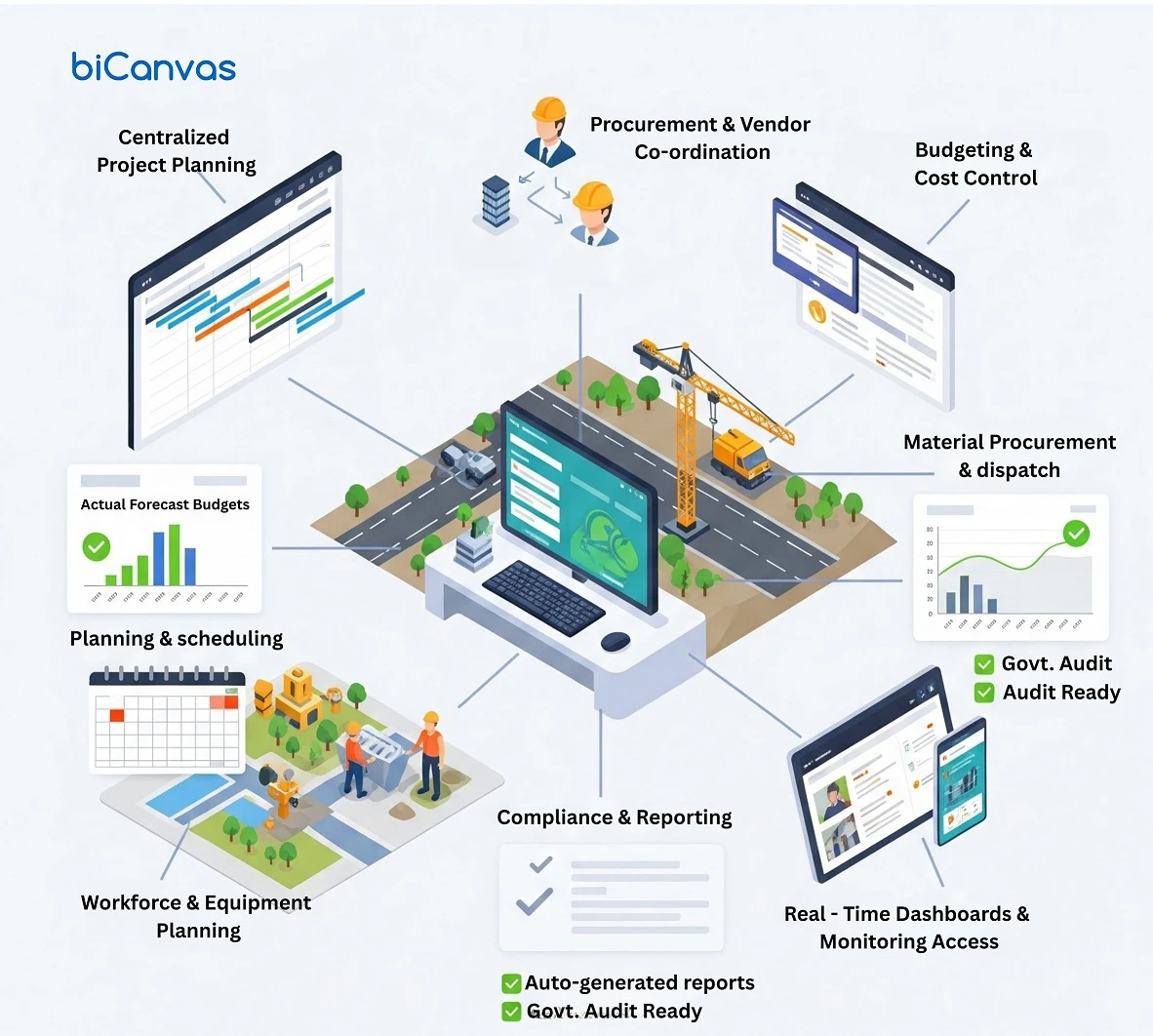
5. Built-in Compliance and Reporting
Public infrastructure projects are heavily regulated. ERP automates documentation and maintains audit trails for approvals and transactions.
Benefits:- Every transaction is digitally recorded
- Generate client or government reports with a few clicks
- Control access with role-based permissions
6. Real-Time Dashboards and Mobile Access
Modern ERP systems offer live dashboards and mobile access, so your site and office teams stay aligned.
Benefits:- Instant project status updates
- Faster decisions, fewer delays
- Improved communication between locations
Conclusion
Infrastructure projects are complex — but managing them doesn’t have to be. With ERP, you don’t just digitize paperwork; you build a system for better planning, smoother execution, and stronger project outcomes.
ERP helps you:
- Plan with clarity
- Execute with confidence
- Deliver on time and within budget
If your current tools are slowing you down, it’s time to invest in an ERP solution that supports long-term growth and efficiency.
Discover how a powerful ERP system can eliminate delays, reduce costs, and bring clarity to every phase of your project. Schedule a free demo today!










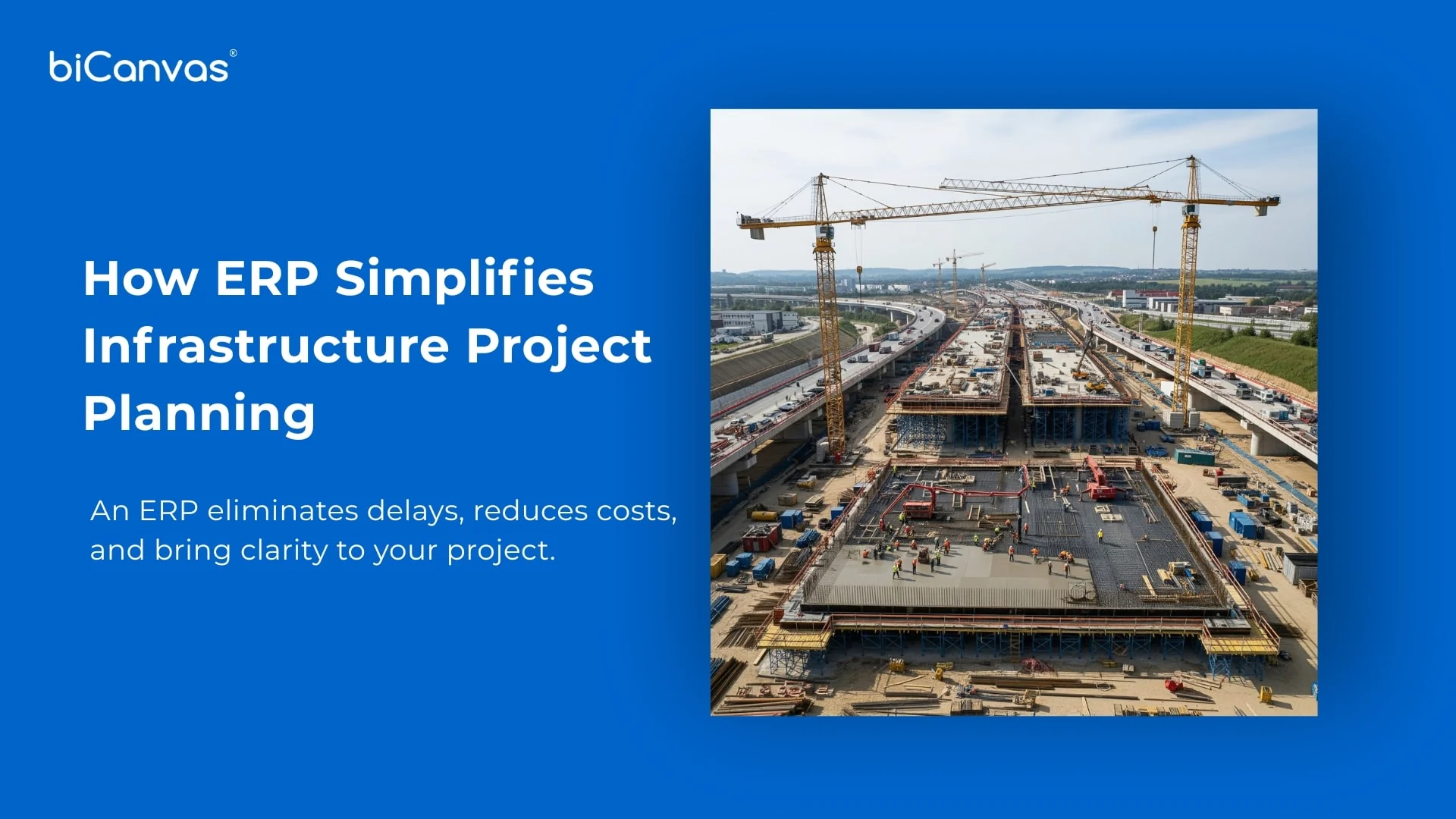
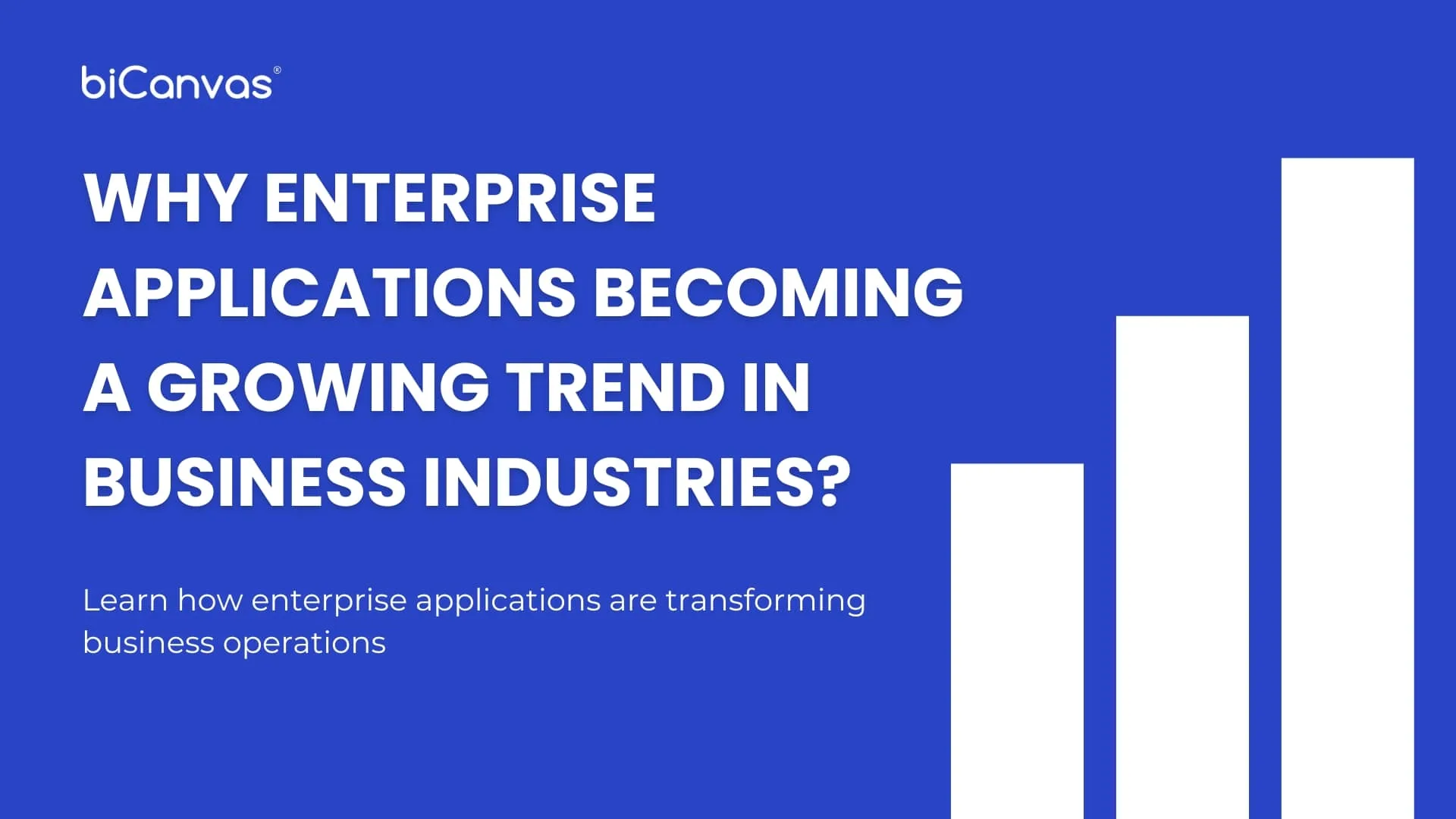
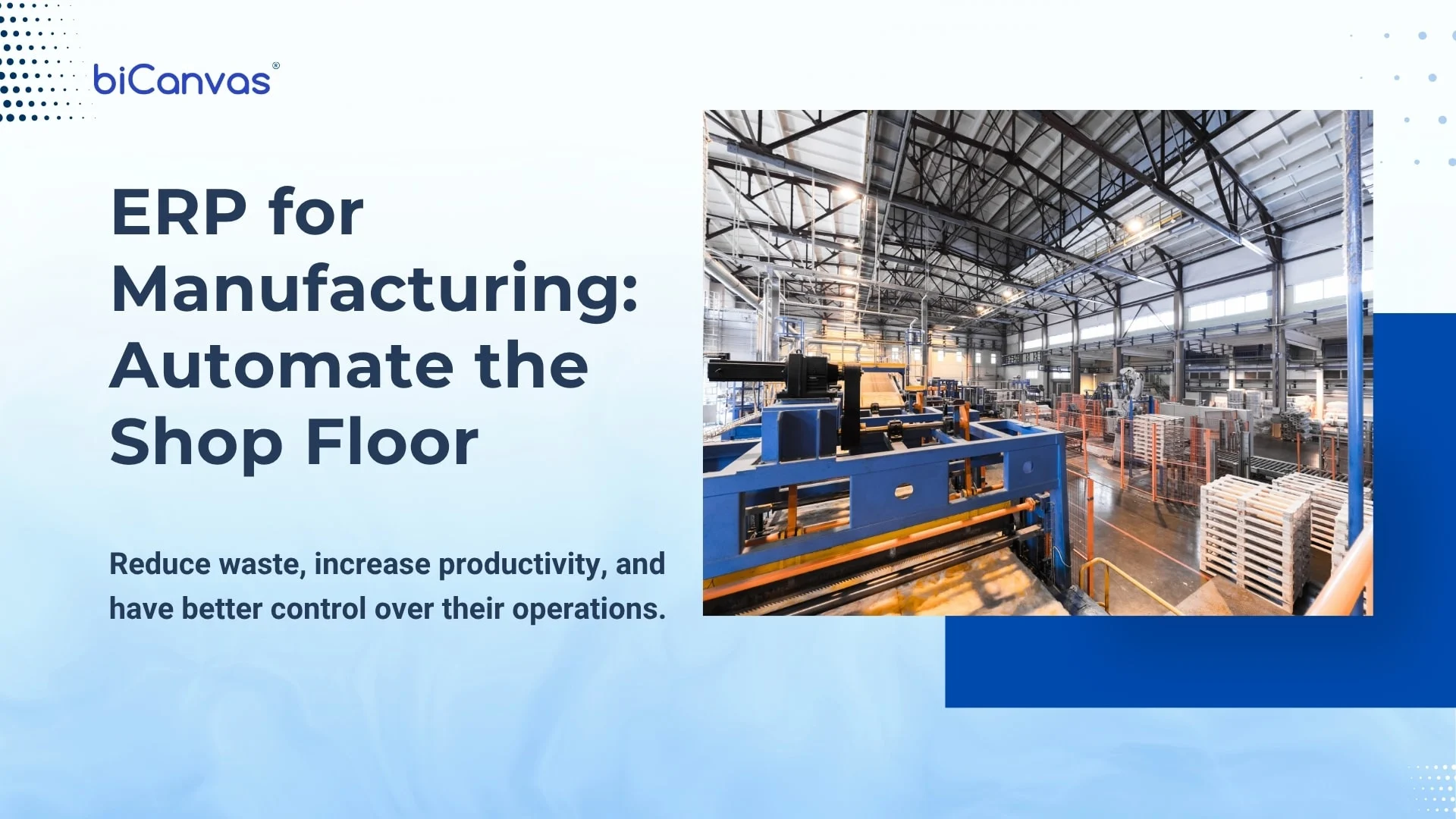
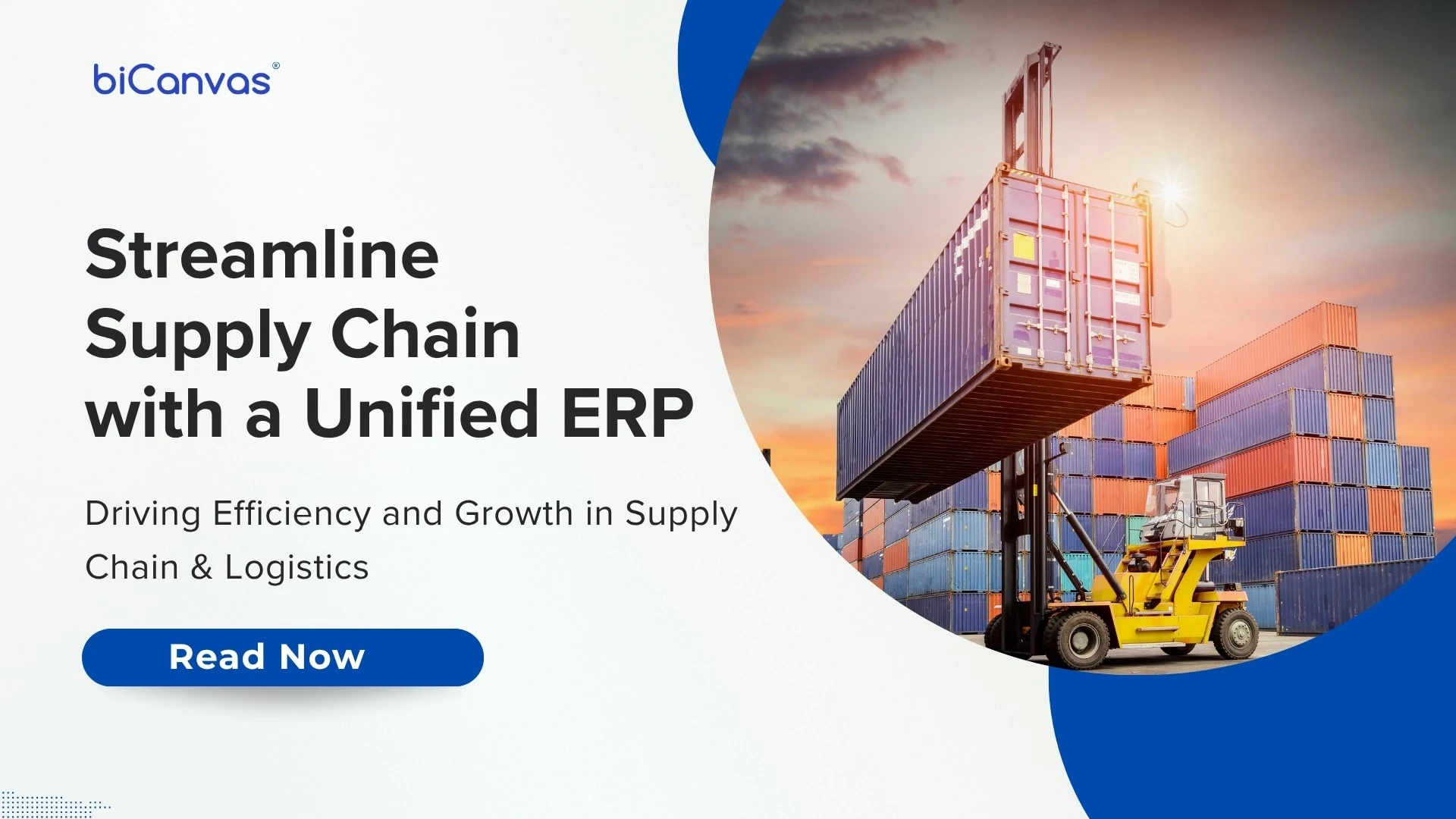
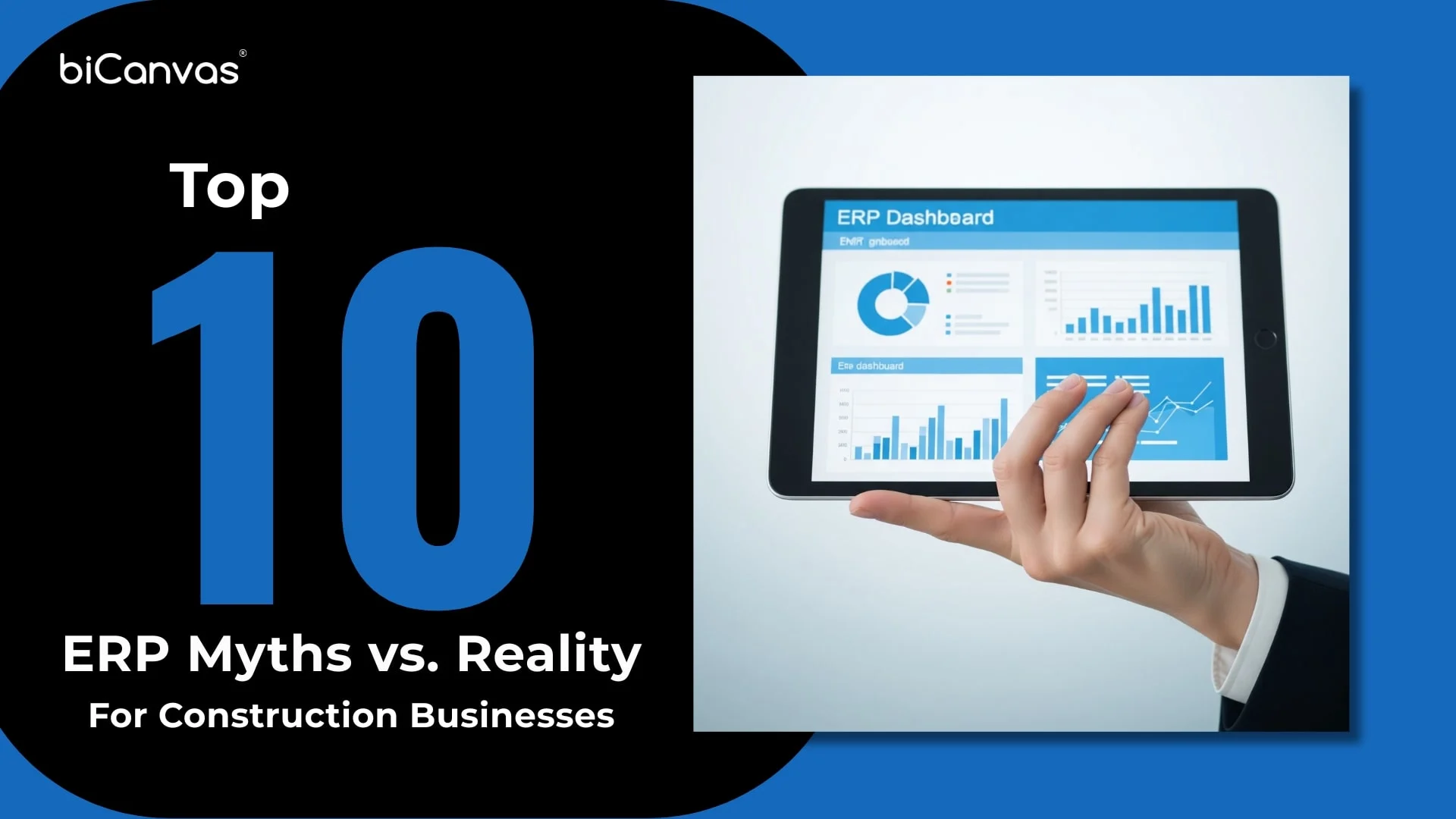
1 month ago